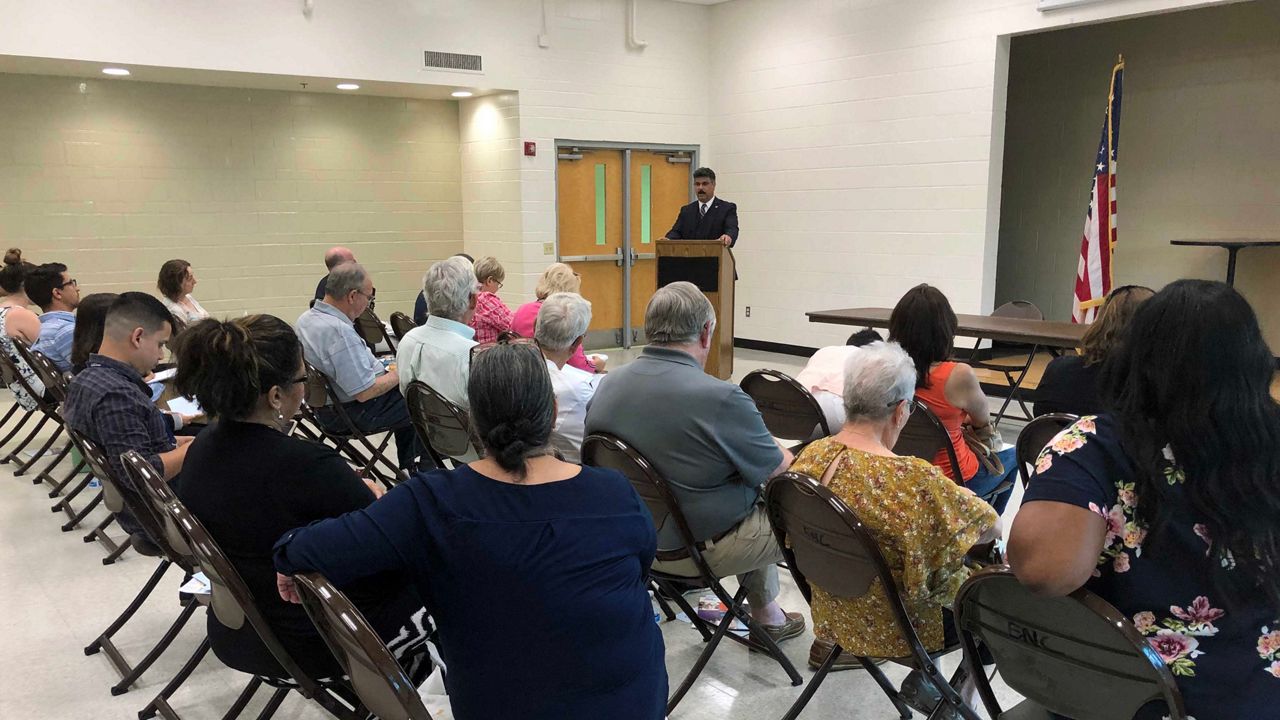ORLANDO, Fla. — Later this year, the U.S. Supreme Court will decide on whether the Census Bureau can add a citizenship question to the 2020 Census.
It’s a decision that may lower Floridian participation in the census and cost the state billions of dollars annually.
- Supreme Court to soon make decision on census citizenship question
- If non-citizens don't participate, could make 2M people uncounted
- RELATED: Lawmakers Examine Impact of Citizenship Question on 2020 Census
The Census Bureau estimates there are about 22 million Floridians, which equals “about $640 billion across a decade.”
“This amounts to trillions of dollars and a congressional seat,” Chana Lloyd told a crowd of 30 at the Englewood Neighborhood Center during a community meeting.
This would only happen if everyone participates in the 2020 Census Report. One in every 11 Floridians is a non-citizen.
Although the Census Report is anonymous and the government cannot release identifiable information about an individual to any one or agency until 72 years after the decennial census, it may still cause fear for some.
“I definitely think that could be a concern,” said Toni Crabtree, an Orlando resident. “The concern of whether I am a citizen or not as I’m completing that form would be a concern to people I personally know.”
If they’re too afraid to participate next year, that would make 2 million people uncounted, affecting federal funding for everything including Medicaid, special education, the roads we drive on, and even our safety.
“It’s of great importance for all of us because of allocation of law enforcement personnel, firefighters, and the safety side in order for us to know what we’re dealing with,” said Tony Ortiz, City of Orlando Commissioner, District 2.
The Supreme Court will decide on the citizenship question next month. The Census Bureau reports 6.5 million people could be left uncounted nationwide if it passes and non-citizens do not participate.




